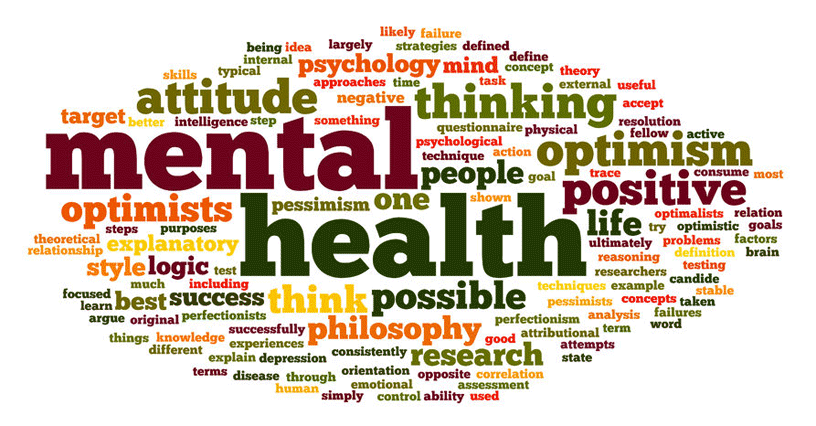MENTAL HEALTH AWARENESS WEEK We, as a society, need to accept the mentally ill

Dr Manu Tiwari
Mental health awareness week starts every year on the second Monday in May. This year, it is between May 14 and May 20.
It is truly an exciting time for the discipline of mental health. For one, the Mental Healthcare Act has been passed by the Parliament and acknowledged by the Prime Minister in his various public speeches including Mann Ki Baat. This indeed is a remarkable step by the government in addressing concerns around mental wellbeing and the associated stigma that prevents help seeking. Second, public figures showing support for mental illness has led to an increased awareness and acceptance of the mentally ill. These certainly serve as an impetus for a revolution of sorts in the field of healthcare.
Personally speaking (not as a medical professional but as a human being), I feel that matters of the mind have always been prioritised over other physical aspects of the human anatomy. The mind is the most revered and at the same time, the most feared entity of the human species. The “powerful” the mind has allowed for great many revolutions in the history of mankind, beginning from agricultural revolution to the current digital revolutions, thereby marking the progress in our evolution. However, it is this extraordinary reverence attributed to the mind that has given into the fears about its lack of functionality. Its dysfunction is rarely well-tolerated while its optimal functioning is overrated.
It’s our inability to endure with “patience”, the occasional mental imbalance that creates an obstacle for seeking help, resulting in stigma. Thus, it is imperative to comprehend what are potential factors causing mental imbalance. A combination of genes with ongoing stress from the environment impedes optimal functioning. While it might be challenging to control for the genes, environmental stress can be dodged with effort. For starter, maintaining a healthy lifestyle and a good diet with regular exercise are great ways of regulating environmental stress. Having a good social support and reaching out to loved ones are age old formula for building resilience against disturbing situations. But an essential ingredient that often acts as the proverbial “cherry on the cake” for increased stress are negative thoughts. Seldom do we realise that our way of processing information and thinking about our daily life events has an extremely toxic effect on our mental health and overall well-being.
Our negative perception of events has a direct impact on our feelings, emotions and behaviour which, in turn, become negative. This greatly reduces our mental piece and makes us vulnerable to developing a mental disorder. Thus, what really needs to be tackled to reduce environmental stress is our thinking and perception. Treatment, thereby involves a non-medical (as well as a medical) approach of psychotherapy with a trained clinical/ counselling psychologist who works collaboratively with the patient to rectify negative thoughts, emotions and behaviours. Medication are prescribed by a licensed psychiatrist to correct the chemical imbalance that is a causative factor in the development of a mental disorder.
It may also be helpful to highlight the myth that mental illness cannot be cured and treatment continues as a lifelong process. Most common mental illnesses like depression and anxiety are treatable conditions and the recovery has been seen to be quite promising. However, certain severe illnesses may have a long term treatment plan but recovery in these cases has also been seen to be positive. What really allows for good recovery is early detection and treatment. It wouldn’t be unwise to recall that “a stitch in time saves nine” holds most true in the case of mental illness and its treatment.
Dr Tiwari is senior consultant
psychiatrist, Fortis Hospital



